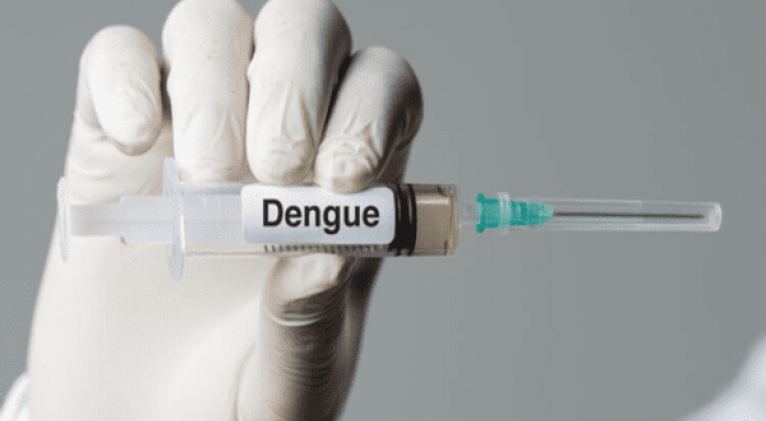Cuban Biotechnology, Development of Vaccine against Dengue Fever

Achieving a vaccine against dengue is a historical desire of tropical countries where it is endemic. Cuba, which took up that challenge in 1992, now has two formulations in the preclinical study phase.
On October 30, 2023, several media and press agencies in Cuba and around the world reported on the donation of some 27 million euros by the Italy-Cuba National Friendship Association to the Caribbean nation's prestigious Center for Genetic Engineering and Biotechnology (CIGB). The objective was to contribute to the development of a vaccine against dengue.
According to specialists, the process of developing the candidate vaccine is complex, since to be effective it must immunize against each of the four serotypes of the virus causing the infection. This would mean achieving a shield against a disease that kills 2.5 % of those hospitalized with severe symptoms, according to figures from the World Health Organization (WHO).
The Cuban Formula
There are countries that have already tested vaccines against dengue, such is the case of the Philippines, which finally stopped administering it in 2017. The vaccine in question was Dengvaxia, from the French pharmaceutical industry chain Sanofi Pasteur. After four children died of the disease in serious condition, the Philippine health authorities decided not to continue. This case showed how complex it can be to achieve a vaccine with the required effectiveness.
On the other hand, it has not all been bad news, Brazil approved in March 2023 the use of the tetravalent vaccine of the Japanese pharmaceutical company Takeda. This vaccine, which is 80% effective, has been approved by the European Medicines Agency (EMA).
According to Cuban scientist Gerardo Guillén, director of Biomedical Research at the Center for Genetic Engineering and Biotechnology (CIGB), "Cuba seeks to make the vaccine differently. Instead of using the protein found in the virus membrane, Cuban scientists are experimenting with its non-structural proteins (which encode the virus genes). The scientist explains that what they are looking for is for the vaccine to strengthen the cellular response of the person who receives it and not that of his or her antibodies. In this way, according to what they hope to prove in the laboratory, they could avoid the immunoamplification that makes the vaccine against dengue so difficult."
Although the vaccine could take a little longer than existing ones, Cuban scientists prefer it that way, explaining that it is more important to take time but do it right than to work on a schedule.
The strategy of having a vaccine produced domestically in Cuba would be extraordinary from many points of view. First, the country would greatly reduce the costs of immunization of its population. In turn, it would enter a market of billions of people in the world who are exposed to dengue along the tropical and subtropical belt, which would bring obvious economic benefits.














Add new comment